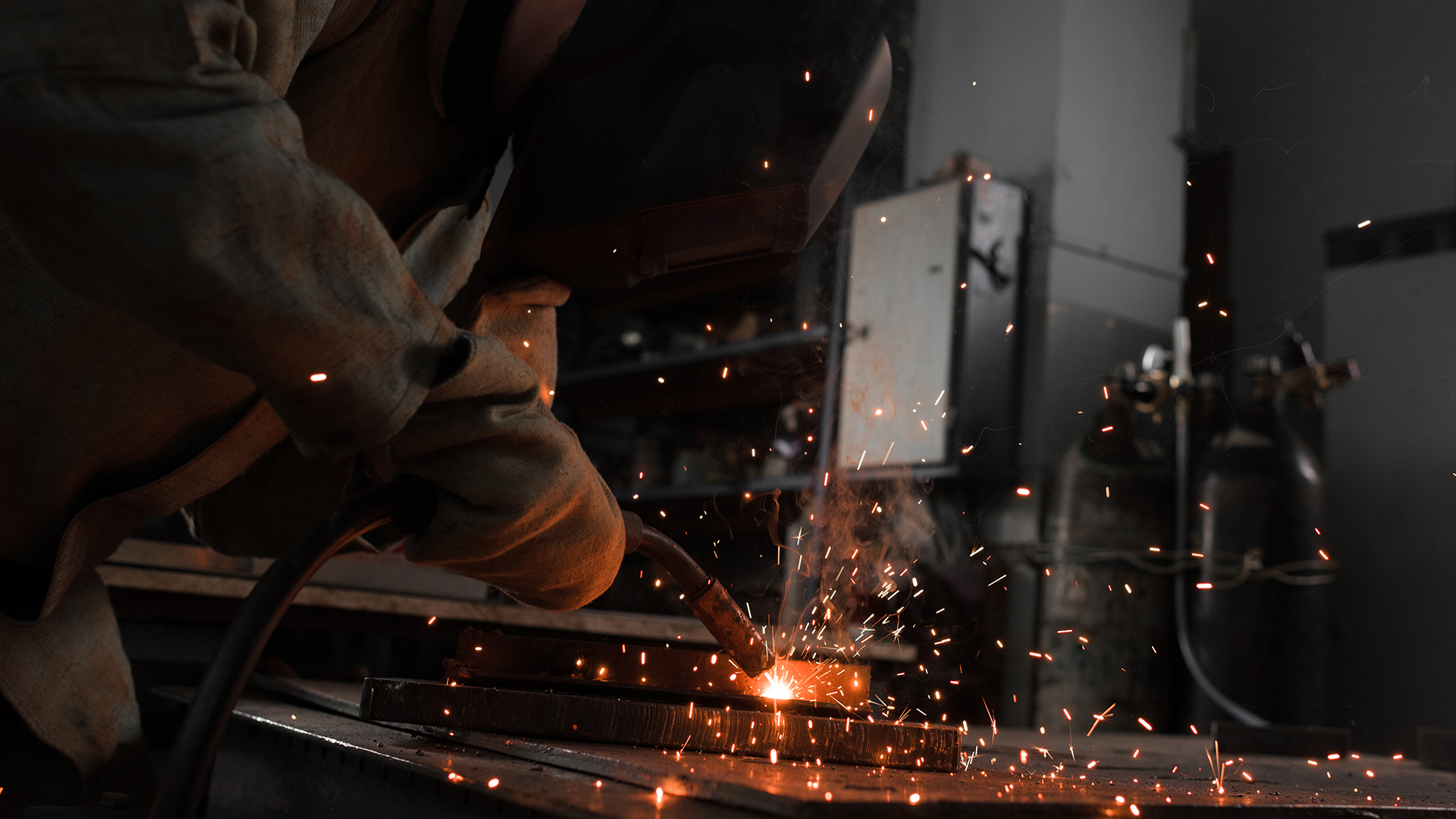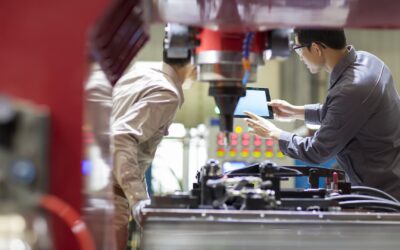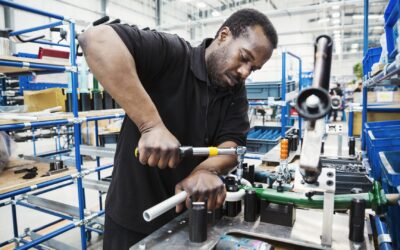Consumer goods like clothing and bottled water dominate sustainability conversations, but the circular economy has to include the industrial manufacturers of the machines that churn out the products we use every day. We’re talking about the factories that manufacture the machinery and parts for farming tractors, construction excavators, robots, data centers, elevators, cars, wind turbines, heating and ventilation equipment, and more – essentially the infrastructure of modern, digital society. Closing the gap between sustainable aspirations and business realities is an industry-wide priority.
“Although remanufacturing has been an industry norm, the difference now is its direct connection to meeting sustainability objectives at scale,” said Georg Kube, global vice president and head of industrial manufacturing at SAP. “Organizations can gain faster near-term value from bringing back existing products and reusing them for innovations that help achieve net- zero and net neutral goals across the supply chain.”
In a recent Oxford Economics study, respondents from industrial manufacturing and high tech industries said that results from their circular economy initiatives included better brand reputation (80%), increased innovation (79%), and enhanced regulatory compliance (78%).
Read more here.




